by Daniel | Last Updated December 13th, 2021

Do you have an eternal sense of wanderlust? Do you dream of sunbathing in the Maldives or dining in Monaco? Do you want to travel the world and get paid for it?
If so, a flight attendant career may be the perfect opportunity for you. You have the potential to earn a lucrative income, learn and utilize professional skills, and explore all kinds of places.
Let’s get into everything you need to know about how to become a flight attendant.
Understanding The Flight Attendant Career
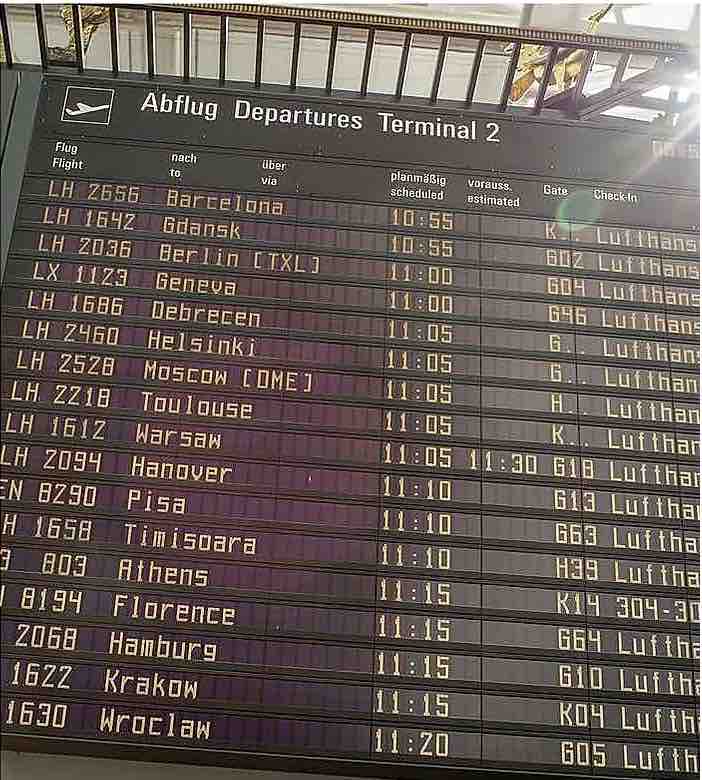
When you think of a flight attendant, do you only picture the smiling professional handing you a soda and bag of pretzels? If so, you’re only understanding a very small part of this career.
Before The Flight
Flight attendants maintain safety, peace of mind, and excellent customer service on commercial airline flights. Most of their tasks are actually rooted in safety practices. This includes understanding (and intervening) during various flight conditions that may include severe weather conditions, passenger safety, and aircraft emergencies.
In fact, before each flight, flight attendants must be briefed on the upcoming trip. They receive pertinent details related to the aircraft, emergency supplies and equipment, and select passengers. Afterward, flight attendants also check and investigate the plane before each flight.
While boarding, they assist with luggage, ticket and seating positions and any special requests passengers may have.
During And After The Flight
Just before departure, attendants provide orientation and briefing related to the aircraft. They provide crucial information about emergency exits and use specialized equipment like oxygen masks.
After debriefing, they help secure the cabin by checking to ensure electronics are powered off (or turned to airplane mode), carry-ons are stashed away, and seats are in the upright position. They walk up and down the aisles and examine each passenger to guarantee such safety.
While up in the air, flight attendants check on their passengers routinely. Many people feel nervous when flying. You are there to help ease some of this anxiety to give them their best trip!
This customer service widely varies depending on the airline company, flight duration, and flight class. Typically speaking, they help with accommodating requests related to food and drinks, pillows and blankets, and assistance with onboard technology like WiFi services and TV screens.
Once the flight is finished, attendants help clean the aircraft and assist passengers with safely leaving. They may help with questions related to layovers and transfers.
Flight Attendant Schedules
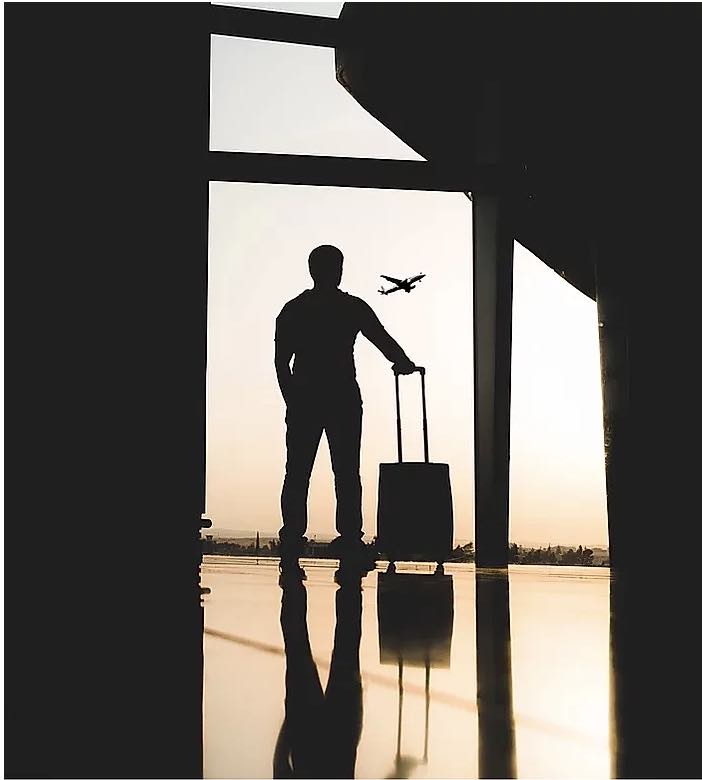
Travel doesn’t operate on a 9-5 schedule. Therefore, one can gather that flight attendants don’t work a standard 9-5 schedule.
Depending on the flights you operate, your workday can vary every day! But if you think you’re just going to be globetrotting to exotic destinations from the start, think again. Like with most jobs, the glamour doesn’t happen upon signing the new hire paperwork.
Reserve Status
Most new flight attendants spend the first few years on reserve status. Though potentially frustrating, sitting reserve is somewhat a rite-of-passage for new attendants. Essentially, you are on call and must report to work to cover shortages or other attendants’ absences.
In other words, be prepared for 2:00 am wake-up calls, long delays and layovers, and special holidays up in the air. Your schedule will be unpredictable and erratic. While this can be exciting, it may also be frustrating if you have family or other timely responsibilities.
Bidding And Lines
In time, attendants turn in monthly scheduling preferences via ‘bidding.’ The more seniority you have, the more opportunity you have to choose your routes and work schedule.
Flight attendants bid for lines. Lines are the schedules that indicate when and where you fly. Again, good scheduling comes with good seniority.
Flexibility is key here. If you’re someone who depends on a rigid structure, a flight attendant career probably won’t be your best fit.
Fortunately, if you are open-minded and flexible, you can create an awesome schedule that allows you to work as many or few hours as you want. You’ll also be able to explore some fantastic destinations!
Pay and Benefits

The Bureau of Labor Statistics reports that flight attendants make an average annual salary of $56,630. Of course, these wages vary depending on the number of hours worked, career longevity, and airline company. Because you often have the choice to work more hours, you have the freedom to earn more money.
Each airline company has its own benefits that generally include:
- medical insurance
- dental and vision insurance
- life insurance and long-term disability coverage
- performance-based bonuses and raises
- profit sharing
- 401(k) and employer matches
- holiday and overtime pay
- profit sharing
- opportunities for advancement
- per diem work
- discounts on travel-related expenses (car rentals, hotels, excursions)
The best perk? While on the job during layovers, you have travel expenses covered. That means you don’t have to pay for your own hotel rooms or transportation.
The downside to this exciting perk? You might be so jet-lagged that you spend most of those hours sleeping (don’t be surprised if you learn how to live out of a carry-on suitcase!).
Likewise, you are also eligible for free or discounted flights for friends and family. These flights vary depending on the airline company and your seniority. However, you should expect a ‘buddy pass’ system that allows you to fly your loved ones for little or no expenses.
Coworkers and Passengers
If you want to work with your best friend every day, this isn’t the job for you. If you want to meet new people from around the world, consider sending in your application!
The nature of this career is such that you’ll be working with different flight attendants during each flight. It’s a fantastic way to get to make friends from all the different edges of the planet. Likewise, you’ll meet passengers with all kinds of stories, experiences, and backgrounds.
Flight attendants need to be social and engaged people. After all, you’ll be interacting with different people all day! Mastering (and enjoying) small talk is key.
How To Become A Flight Attendant
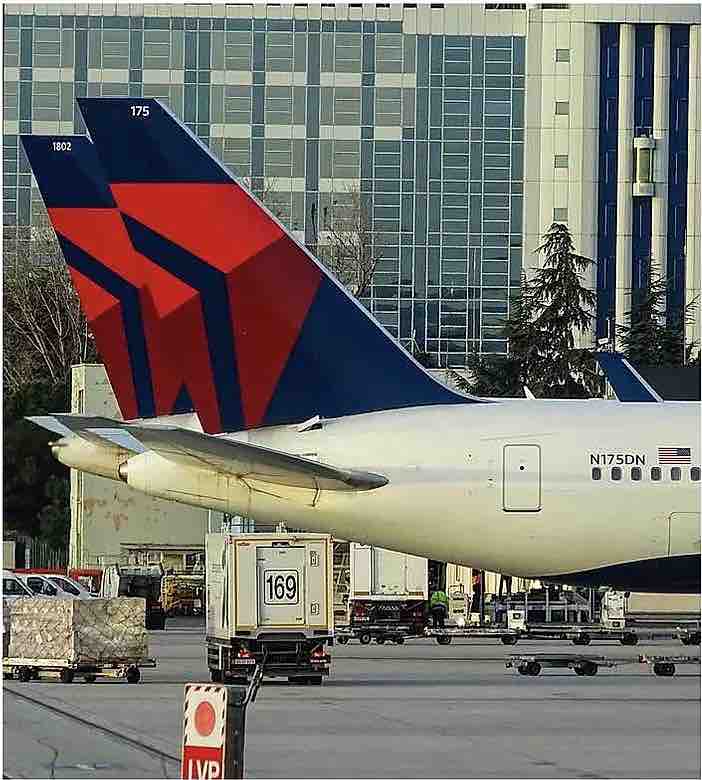
Fortunately, the job requirements to become a flight attendant are relatively straightforward. You must be at least 18 with a high school diploma or equivalent. That said, many airlines now prefer that candidates have some college experience or college degrees.
Some airlines have health requirements. They may require that you fall within a certain height range and have decent vision, corrective glasses, or contacts.
For US-based airlines, applicants must be able to work in America legally. They will need a valid government-issued identification (passport and social security card). Finally, you will need to pass a background check.
You will be expected to read, write, speak, and understand English fluently. These skills will be assessed on your application and during your interview.
Once an airline hires you, you receive training on the job directly. You don’t need any previous experience to apply. Training varies, but most programs take about a month or two to complete. The company will fly you out for this training.
Flight Attendant Training
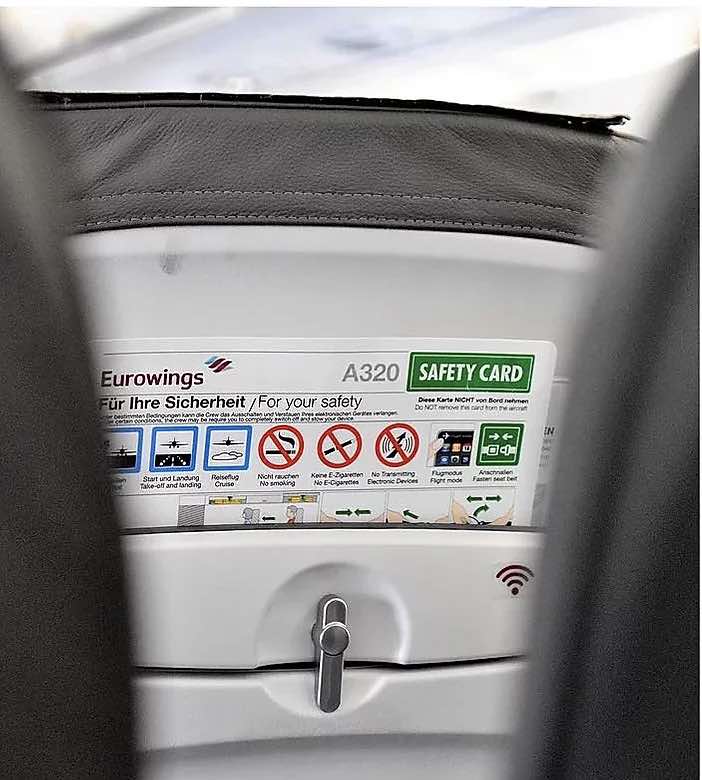
Just like with any job, feeling nervous is normal during training. With that in mind, remember that everyone else feels anxious, too!
The flight attendant training varies depending on the airline, but you will learn standard topics that include:
- airport terminology and airport codes
- aircraft rules and regulations
- first aid/CPR/AED
- security and bomb threats
- specific airline training
- bidding and reserve processes
- cabin service
- air traffic control
- airplane and airport evacuation procedures
- in-flight presentations and announcements
- providing customer service
It’s standard to take tests after each portion of the training. Some airlines will allow you to retest if you don’t pass. However, some airlines do not allow retakes. Most training programs expect that you score at least 90% to pass.
During training, you will also take training flights under the supervision of working flight attendants. This will provide you with practical experience for what to expect while on the job.
All flight attendant training must be approved by the Federal Aviation Administration (FAA). After completing the training, you will be considered FAA Certified. To date, this is the only training that airlines recognize formally.
Note that some airlines do not guarantee company positions after completing the training. These airlines merely require that you take training to even be considered eligible for the position.
Some training programs pay for training, but most do not. Instead, you will likely be compensated for air transportation to and from the facility and basic accommodations.
Beyond The Basic Requirements

Like all careers, not everyone is suitable for this role. Likewise, competition can be fierce, and many airline companies interview thousands of candidates for just a few spots. Therefore, you must stand out from all the other eager applicants if you want the job!
Think about it. Who is an airline more likely to hire? An 18-year-old who has never worked a day in her life or a 25-year-old with two years of college and four years working in customer service?
First, you’re likely going to have a better chance if you do have relevant customer service experience. This includes having positions in fields related to hospitality, retail, and customer service.
You will also need to have a professional look. While requirements vary depending on the airline, it often means no visible tattoos, extreme hair colors, or facial piercings.
Multilingual candidates often have a better chance of success in getting hired. That’s because passengers appreciate (and sometimes require) that employees can communicate with them for onboard needs. If you speak another language or you’re considering learning one, this is undoubtedly a useful skill!
Interviews can be lengthy and thorough. You may need to participate in several interviewing rounds before being hired. These rounds may include everything from video chats to in-person meetings to group interviews.
Nailing The Interview

No matter the industry, your interviewing skills can make or break your ability to get hired. You must do your homework before the interview.
You should take the time to research the airline. Learn about what sets them apart from other airlines. Make sure you have a detailed, appropriate answer for why you want to work for them instead of their competition.
Like any interview, the basic rules also apply. That means dressing professionally, arriving early, and maintaining good eye contact and posture.
After the meeting, be sure to thank the interviewer and follow up with an email thanking them for their time.
Don’t forget to ask questions! Interviewers appreciate talking about their work and providing clarification about the job. Furthermore, interviews should be two-way streets, and asking questions gives you the chance to learn more about what to expect on the job.
Interview Questions
Fortunately, several online guides provide sample flight attendant interview questions. These questions may include:
- What appeals to you about our airline?
- What do you expect to do in a typical day as a flight attendant?
- What skills can you bring to this job?
- Do you have any preferences for specific routes?
- How would you handle a passenger with severe flight anxiety?
- What would you do if a passenger became disgruntled or aggressive?
- How have you handled pressure from work in the past?
You should read through different questions and think about your answers. Have a friend practice interviewing you if you tend to get nervous or stumble over your words. Video yourself and watch your body language.
As a flight attendant, your image is essential. Interviewers want to see positive attitudes, competence, and charisma. You need to be able to convey these traits during your interactions.
How to Become a Flight Attendant
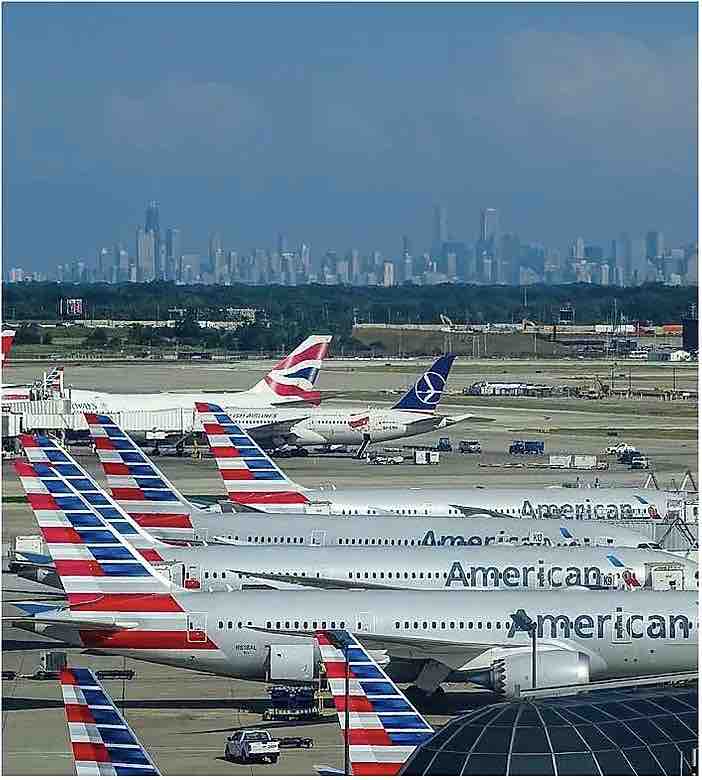
Now that you know how to become a flight attendant, it’s time to start applying! You’ll be on your way to seeing the world in no time!
Do you love to travel but aren’t sure if a flight attendant career is right for you? Check out this guide on eleven other excellent ways to make money while traveling!
